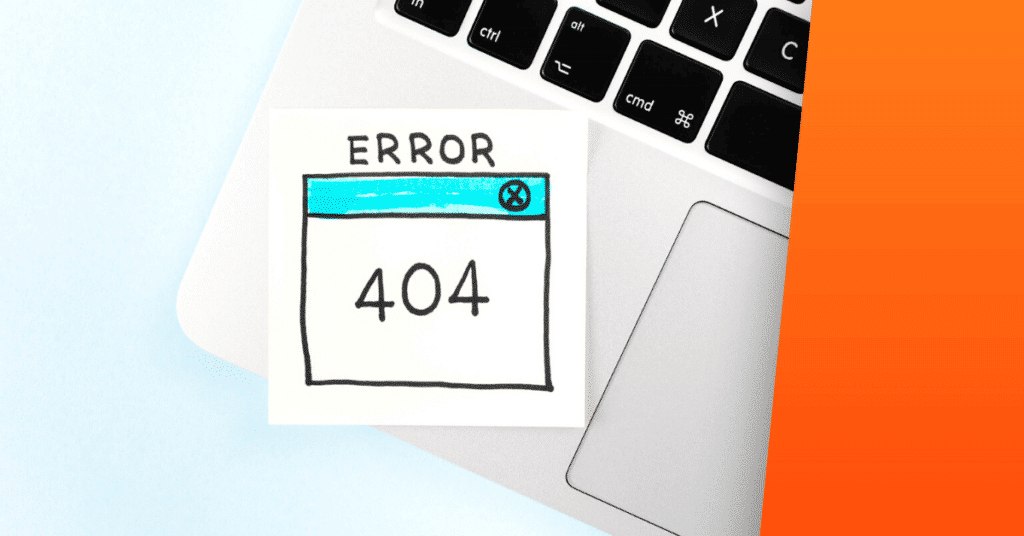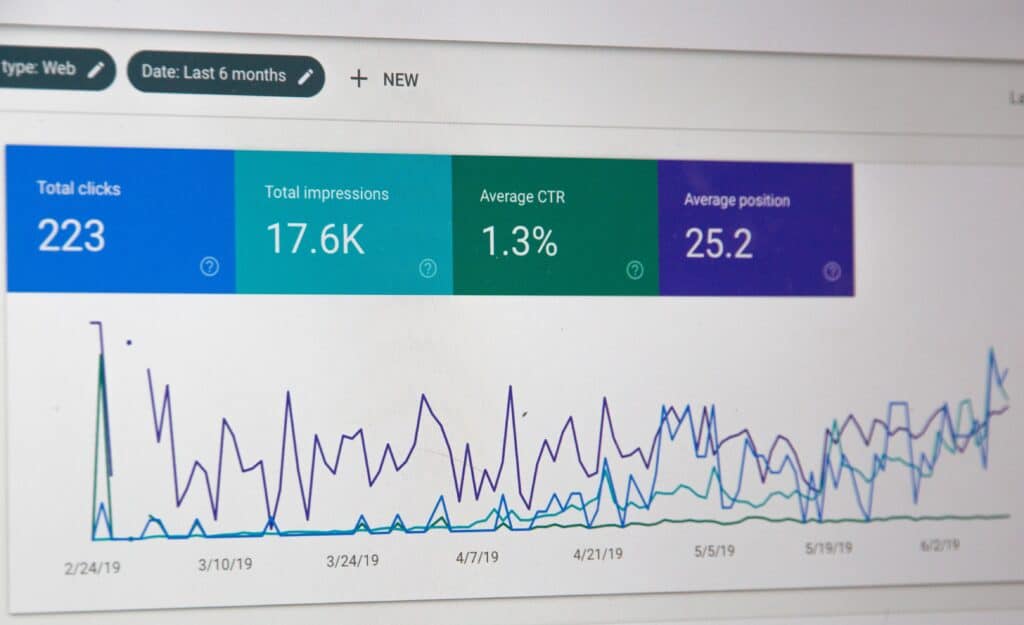You've probably experienced it. When you search online for new sneakers, let's say Nike sneakers, you see advertisements about those same shoes on every website.
All online interactions you perform such as clicks, search history, online surveys and quizzes are remembered. This data helps to build your personal profile. Companies can then buy this data to target you with their ads.
The DSA wants to ban this 'surveillance advertising'. The European Parliament officially supports the ban on online surveillance of minors for advertising purposes and the use of sensitive data. In addition, there must be more transparency around advertising use. Platforms need to better inform users about the settings they use to target people. There should also be more clarity about how users can easily change these settings.
2. Stopping manipulation by 'dark patterns'
You want to download an app but it asks you to first accept the terms and conditions, however these conditions are so long that you can hardly get through. Or you visit a website where you cannot find the button to disable cookies. These are both two good examples of dark patterns. We have already become accustomed to the fact that the internet often manipulates us, but this is of course not normal.
The DSA will counter the use of dark patterns with a set of new rules. These new rules should prevent, among other things, the following practices:
- Visualize certain buttons or settings more clearly than others. Think of accepting or refusing cookies where the last option is displayed smaller.
- Ask a user repeatedly for permission to certain settings.
- Encouraging a user to change certain settings.
- Making it extra difficult to cancel services.
- Repeatedly asking a user for consent when an objection has already been made through an automated tool.

3. More control over what content is recommended to users
Major social media networks use automated algorithms to show content or products to users. Think, for example, of 'groups you should join' on Facebook or your timeline on Instagram when it was suddenly no longer presented in chronological order. These algorithms are often set up in such a way that they allow content to provoke a reaction because they are experienced as extreme, striking or shocking. These algorithms encourage the going viral of negative content such as hate speech and fake news.
The DSA should make the use of these algorithms more transparent. In addition, major online platforms should offer users the choice to change these recommendation systems. Think of Instagram, for example, which has reduced the choice to organize your feed chronologically again.
4. Hate speech and illegal content must be better reported
Currently, there is no place or system where you can report hate speech or illegal content online.
When the Digital Service Act is enacted, it should become the standard to report illegal content mentioning important details and the online location of the event. In addition, you will be asked to provide proof where this is possible. Major online platforms are also given the responsibility to respond quickly to such allegations.

 The act has two main purposes. First of all, it is important to create a safe online environment for users. The fundamental rights of all users of digital services must be better protected, just as they are protected in the physical world. Think of better protection of the freedom of expression and users. A number of topics are central to the Digital Service Act:
The act has two main purposes. First of all, it is important to create a safe online environment for users. The fundamental rights of all users of digital services must be better protected, just as they are protected in the physical world. Think of better protection of the freedom of expression and users. A number of topics are central to the Digital Service Act:

 What will concretely change as a result of the new regulations?
What will concretely change as a result of the new regulations?
























































































































